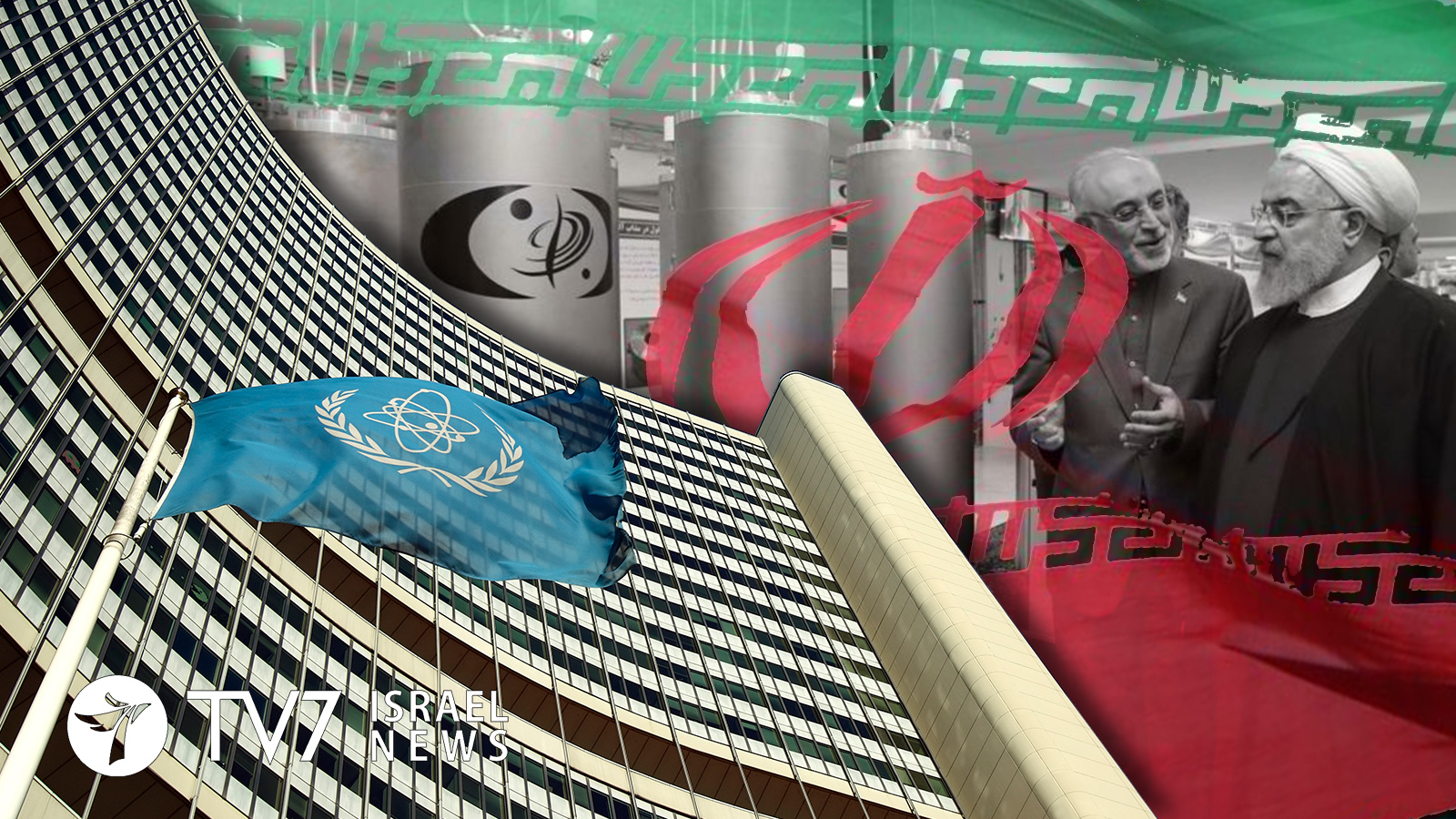The International Atomic Energy Agency (IAEA) circulated a confidential document among its Board of Governors on Friday detailing Iran’s persistent refusal to allow agency inspections of multiple sites suspected of having been used for nuclear related activities.
In spite of Tehran’s 5 January declaration its atomic development program would no longer be “subject to any restrictions in the operational sphere,” it also vowed to “continue to cooperate with the Agency ‘as in the past.’”
Following the revelatory 2018 exposure by Israeli Prime Minister Benjamin Netanyahu of “a secret atomic warehouse” in Iran uncovered in a clandestine Israeli intelligence operation, the IAEA confirmed a year later that uranium of man-made origin was detected during inspection of a location near Tehran that had not been previously “declared.” The Ayatollah regime reacted by barring all access to the disputed site to IAEA inspectors in defiance of repeated protests from IAEA Director General Rafael Mariano Grossi, who stressed urgency was needed to examine samples that can degrade over time.
French Ambassador to the United Nations Nicolas de Riviere emphasized in a press briefing that his country and other European powers are continuing their efforts to salvage the 2015 nuclear agreement with the Islamic Republic of Iran. The French diplomat, who assumed the role of President of the world body’s Security Council for the month of June, insisted that contrary to the facts on the ground, the Joint Comprehensive Plan of Action pact “worked well” and “needs to be protected. So, this is why the Europeans want to preserve this framework.”
In contrast to the American position that ‘no deal is preferable to a bad one,’ de Riviere went on to say “You cannot replace a framework that works with the absence of any framework. Especially when you are dealing with nuclear proliferation because this is our Priority Number One. In the absence of such a framework you go back to the situation before 2015, where there is absolutely no limitation for Iran to go back to its full nuclear military program. So, we think it will be irresponsible and we need to be very careful.”
In related developments, Israeli Prime Minister Benjamin Netanyahu branded the Islamic Republic’s flagrant abandonment of its nuclear related obligations as a clear indication of its aspiration to acquire atomic arms. “Over the weekend, the International Atomic Energy Agency determined that Iran had refused to allow IAEA inspectors access to clandestine sites at which Iran had carried out secret military nuclear activity,” he said, adding, “Iran has systematically violated its commitments by hiding sites and enriching fissionable material and has committed other violations.”
The Israeli Premier went on to reiterate Jerusalem’s call for the international community to join Washington’s efforts to thwart Tehran’s race to achieve its nuclear-related goals with the reimposition of “paralyzing sanctions.” After saying that “the coronavirus has not lessened by one iota our determination to act against Iran’s aggression,” Prime Minister Netanyahu underscored that, “Israel will not allow Iran to achieve nuclear weapons and will continue to act methodically against Iran’s attempts to militarily entrench on our borders.”
